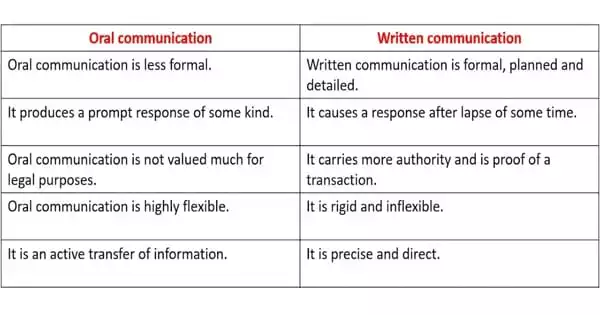Factors Affecting Compensation System
The Compensation is the monetary and non-monetary rewards given to the employees in return for their work done for the organization. Basically, the compensation is in the form of salaries and wages.
Developing suitable compensation policies to meet organizational strategies, while efficiently accommodating different types of employment terms and conditions, poses many distinctive challenges for global HR practitioners, such as:
- Dealing with diverse standards and costs of living and multiple currencies, exchange rates, inflation/deflation rates, tax systems and tax rates.
- Maintaining the suitable balance between global consistency and local significance.
- Addressing organizational business changes (expansions, mergers and acquisitions, joint ventures, Greenfield operations and investitures).
- Complying with local compensation practices, laws, and regulations.
- Accommodating varied employee values and expectations stemming from differences in cultures, languages and communication preferences.
The primary objective of a compensation system is to administer an effective and equitable pay system. It can be affected by various factors which are as follows:
- Organizational Provisions
The organizational provision states that the level of compensation largely depends upon organizational operating policies and procedures. It is because the policies serve as a guideline for formulating and implementing compensation plans and programs.
- Government Regulations
In order to protect the working class from wage exploitation by strong employers, the government enacts various laws and judicial decisions. Such laws and regulations affect compensation management. Because, they emphasize on minimum wage rate, overtime rate, working hours, equal pay for equal work, payment of bonus, etc.
- Equity Considerations
Equity considerations hold the philosophy that the compensation system should be fair and equitable. It means the compensation system should be similar for the same type of work within the organization. Similarly, it should be fair relative to what other people get for the similar job in another organization.
- Union Pressure
Labor unions are pressure groups that work in the interest of the workers. Such unions lobby the management for the formulation of fair compensation plans. These organized unions can ensure better wages for employees.
- Job Analysis And Evaluation Report
Job analysis is a method through which necessary information about the contents and the contexts of the job is made available to determine the value of each job. The job evaluation is a process of determining the value/worth of a job so that a payment system can be specified.
- Cost Of Living
Compensation is concerned with an overall return that an employee obtains from the organization for rendering contributions towards organizational objectives. Therefore, the payment should be adequate to maintain the cost of living of the employees.
- Organizational Positions
Sometimes, the organization itself evaluates where it is in order to prepare compensation plans. The position of the organization is determined by its productivity i.e., if the productivity of the worker is high, it assesses itself as a higher position. As a consequence of it, the compensation system is determined at a higher level.
- Productivity of Workers
Another factor of compensation management is the productivity of workers. This is the new concept of linking pay with employee performance. Under it, if the workers are highly productive, they get high compensation as compared to less productive workers. Productivity is a key factor as it enhances organization’s image and status.
Information Source;
















